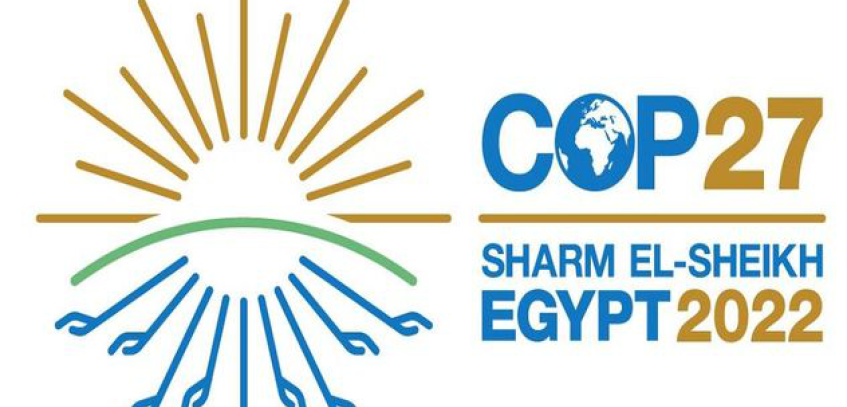The African Commission on Human and Peoples’ Rights (the African Commission) follows with commendation the assumption by the Arab Republic of Egypt of the presidency of the COP27 and the convening of the COP27 in Sharm El-Sheikh, Egypt.
The African Commission, recognizing the grave consequences of climate change to the enjoyment of human and peoples’ rights, has tasked Commissioner Solomon Ayele Dersso and Commissioner Mudford Zachariah Mwandenga, to undertake a study on the nexus between climate and human rights and how to limit and address the adverse impacts of climate on the rights and freedoms of individuals, communities and societies.
Against the background of recent events and the enormous development cost that affected societies in Africa are bearing, the African Commission determined that the climate emergency has become one of the most defining human rights challenges of our time.
The African Commission accordingly calls on the COP27 Presidency and African leaders who are entrusted with the responsibility of representing the peoples of the continent to:
- Reaffirm the legal obligation of states to take appropriate measures individually and collectivelyto adopt policy measures for mitigation, adaptation and mobilization of effective response to climate change induced extreme weather events, including the reaffirmation of the legal obligation of those most responsible for climate change to fully assume responsibility for the enormous cost of the impact of climate change on those most affected but least responsible;
- As part of promoting implementation of existing commitments, to introduce measures that ease access to climate financingfor adaptation, and reaffirm and expand the commitment of countries most responsible for climate change for raising the scale of funds to the level that goes far enough to meet the financing requirements for adaptation measures;
- Fully support and lead the effort for the establishment of a separate fund dedicated to loss and damagefor addressing the rising human, social and economic loss that the countries most vulnerable to and affected by climate change, many of which are in Africa, are enduring;
- Ensure that climate change mitigation and adaptation measures as well as measures for loss and damages, prioritize the needs of the most vulnerablesections of society;
- Facilitate agreement on modalities for a just energy transition that strikes the delicate balance between reduction of greenhouse gas emission including through the ultimate phasing out of the use of fossil fuel sources of energy and the establishment of a fair global green technology development, sharing and trading system based on the urgent needs of countries most vulnerable to and affected by climate change;
- Reaffirm the obligation of countries that contribute the most to greenhouse emissionsfor implementation of the measures required for limiting their emissions at scale and speed able to meet the Paris Agreement target of limiting global warming to 1.5°C;
- Create conditions for the effective participation of community based and other non-governmental organisations through among others, respect for and protection of freedom of expression and access to information, freedom of association and protection of environmental human rights defenders;
- Establish avenues for the effective representation and participation of human rights institutions including national human rights bodies and regional human rights mechanisms operating in the regions most vulnerable to and affected by climate change; and
- Facilitate the development of benchmarks and monitoring mechanisms for ensuring respect for and protection of human and peoples rights in climate change policy making at the global, continental and national levels aimed at limiting the negative impacts of climate change and maximising the opportunities from the green transition.
Commissioner Dr. Solomon Ayele Dersso and Commissioner Mudford Zachariah Mwandenga
Members of the African Commission on Human & Peoples’ Rights responsible for climate change and human and peoples’ rights in Africa.









